Otters in Florida are one of the state's lesser-known charms. While many flock to its sun-drenched beaches and graceful palm trees, a whiskered, playful secret thrives in its waters and creeks.
This article guides you through the best spots to see these aquatic acrobats and shares tips to enhance your otter-watching experience.
Ready to learn about where to spot otters in Florida? Let's get to it!
Otterly Amazing Spots in Florida
While Florida's sunlit beaches and majestic palm trees are renowned attractions, there's a hidden spectacle bubbling beneath its sparkling waters and winding streams.
Yes, the playful otters!
These enchanting water performers can transform a tranquil dip into an unforgettable display.
Interested in other marine life in Florida? Check out our comprehensive guide to the must-see marine animals in Florida.
Here are the top places across the state to potentially glimpse these aquatic mammals:
1. Paynes Prairie Preserve State Park
This vast wetland ecosystem near Gainesville teems with wildlife.
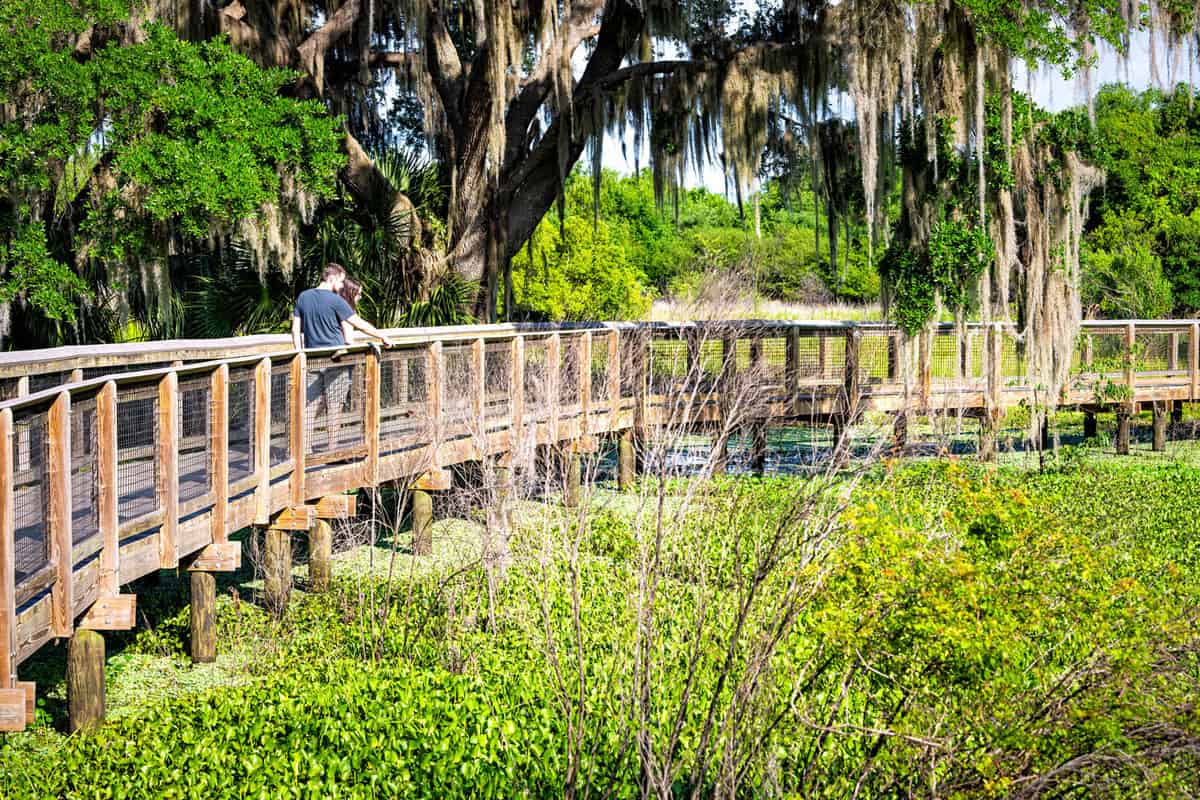
River otters make their home in the prairie's ponds, sinks, and creeks.
Early morning along the La Chua Trail offers chances to see them fishing and swimming.
2. Three Sisters Springs
Part of Crystal River National Wildlife Refuge, Three Sisters Springs provides a refuge for river otters along with manatees.
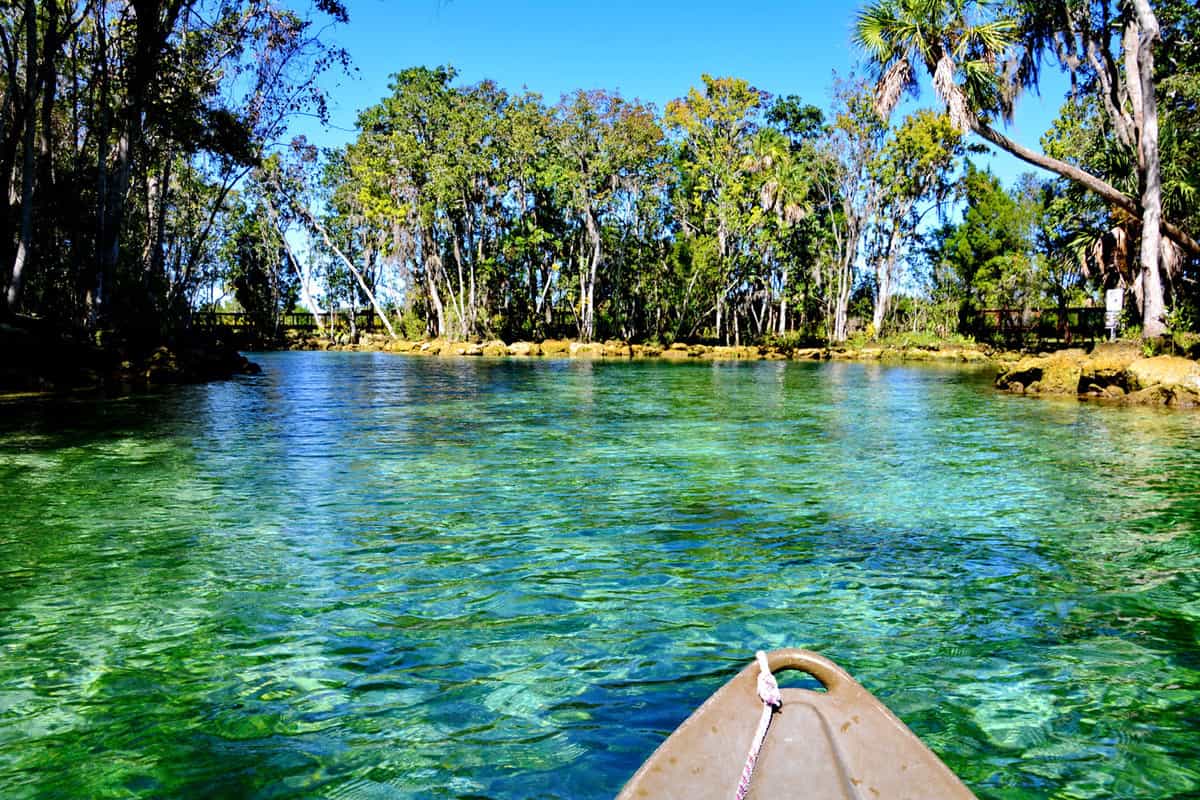
Boat tours allow visitors to float among gorgeous springs where otters may be spied.
3. Ocala National Forest
The lakes, springs, and rivers of Ocala National Forest host Florida’s river otters.

Alexander Springs, Salt Springs, and Juniper Springs offer scenic spots where you can catch otters playing and feeding.
4. Everglades National Park
Both river and spotted-necked otters inhabit many areas of Everglades National Park. Anhinga Trail, Shark Valley Loop, and Flamingo are among the locations otter sightings occasionally occur when touring the park.
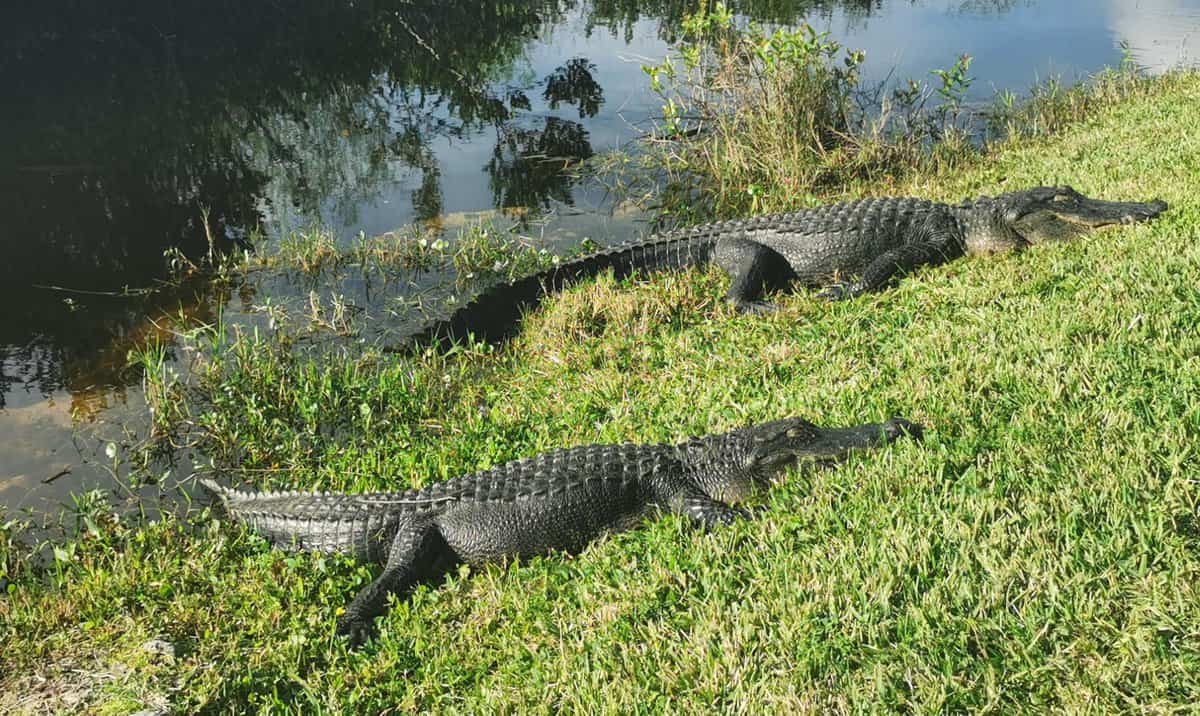
Seeing the whiskered, fish-snatching otters is a treat for wildlife lovers exploring Florida’s scenic parks and waterways.
5. Discovery Cove

This Orlando theme park offers guests the unique opportunity to swim with otters. At the park's Discovery Center, you can also learn about otters and their natural habitats.
Also read: Lovers Key: Florida’s Secret Island Paradise For Romantics And Wildlife Lovers
Increasing Your Chances: Tips for Spotting Otters in Florida
Spotting otters in the wild can be a thrilling and rewarding experience, but it requires a combination of luck, patience, and a bit of insider knowledge.
Here are some tips to maximize your chances of catching these elusive creatures in action during your Florida adventure:
1. Timing Is Key
Otters are most active during the early morning and late afternoon hours.

These times are prime for observing their playful antics, fishing expeditions, and social interactions.
Plan outings around these optimal time frames to increase your chances of encountering otters.
Also read: 17 Iconic Animals To Spot In The Florida Keys
2. Research the Right Spots
Familiarize yourself with the areas where otters are commonly sighted.
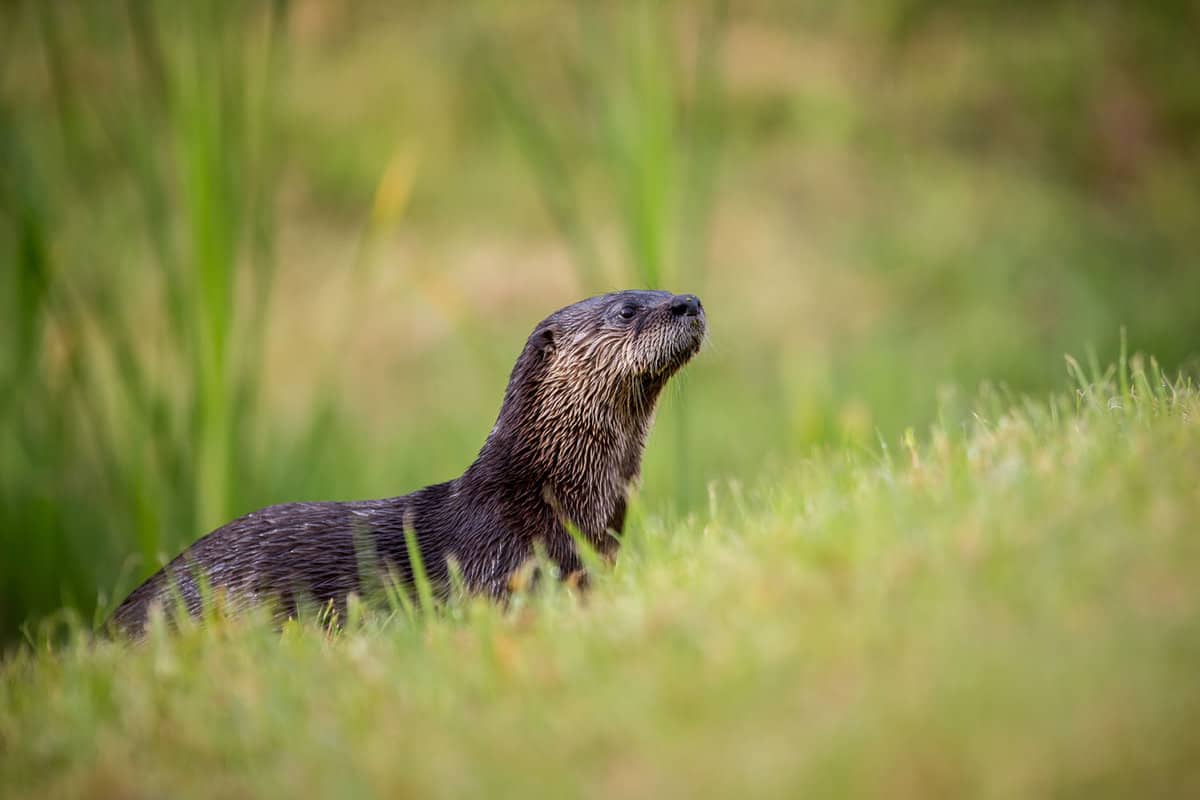
The locations mentioned earlier, such as Paynes Prairie Preserve State Park, Three Sisters Springs, Ocala National Forest, and Everglades National Park, have a higher likelihood of otter sightings.
Local wildlife guides, online forums, and park rangers can provide valuable insights on recent otter activity.
3. Stay Quiet and Still
Otters are known for their keen sense of hearing and sight.
Keep noise to a minimum when you're in their habitat and avoid sudden movements that might startle them.
Find a comfortable spot to settle in and observe quietly, giving otters the confidence to carry on with their natural behaviors.
4. Bring Binoculars and Cameras
A good pair of binoculars can help you spot otters from a distance without disturbing them.
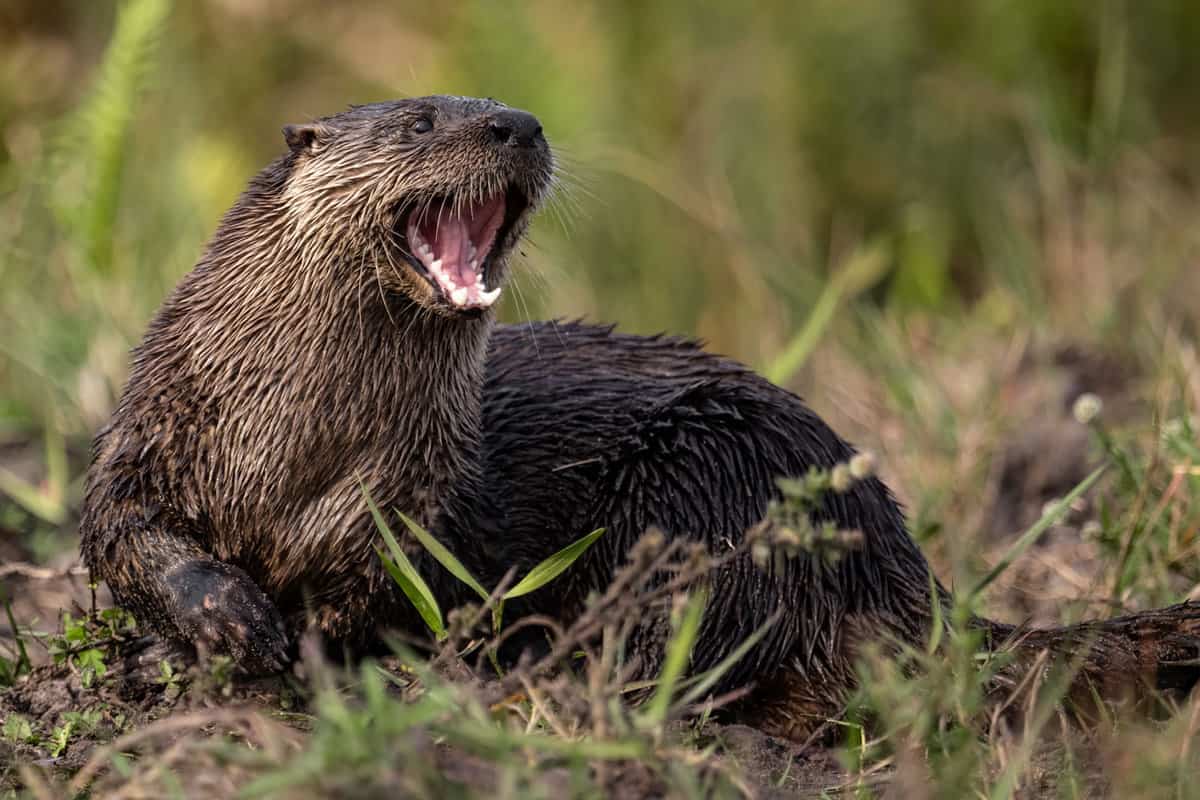
If you're into photography, a camera with a telephoto lens can capture their charming antics up close.
Remember to respect their space and avoid getting too close to avoid causing stress.
5. Be Patient
Wildlife encounters don't always happen on schedule. It might take some time before you spot otters, so practice patience.
Use the time to enjoy the beauty of the surroundings, the sound of rustling leaves, and the chirping of birds — after all, part of the joy of wildlife watching is immersing yourself in nature.
6. Use Natural Camouflage
Wear muted, earth-toned clothing to blend in with the environment. Bright colors or flashy accessories could alert otters to your presence and make them more cautious.
7. Join Guided Tours
Many parks and wildlife refuges offer guided tours led by experienced naturalists.
These experts are familiar with the habits and habitats of otters and can take you to the best spots for sightings.
They might also share fascinating insights about these creatures and the ecosystems they call home.
Otter Trivia: Get to Know These Aquatic Acrobats
These charming aquatic creatures have a few tricks up their furry sleeves that might surprise you.
Here's a quick dive into some fascinating otter trivia:
1. Social Butterflies
Otters are known for their playful and social behavior.
They often engage in activities like sliding down muddy banks, playing games of tag, and even using tools to crack open shells and extract tasty morsels.
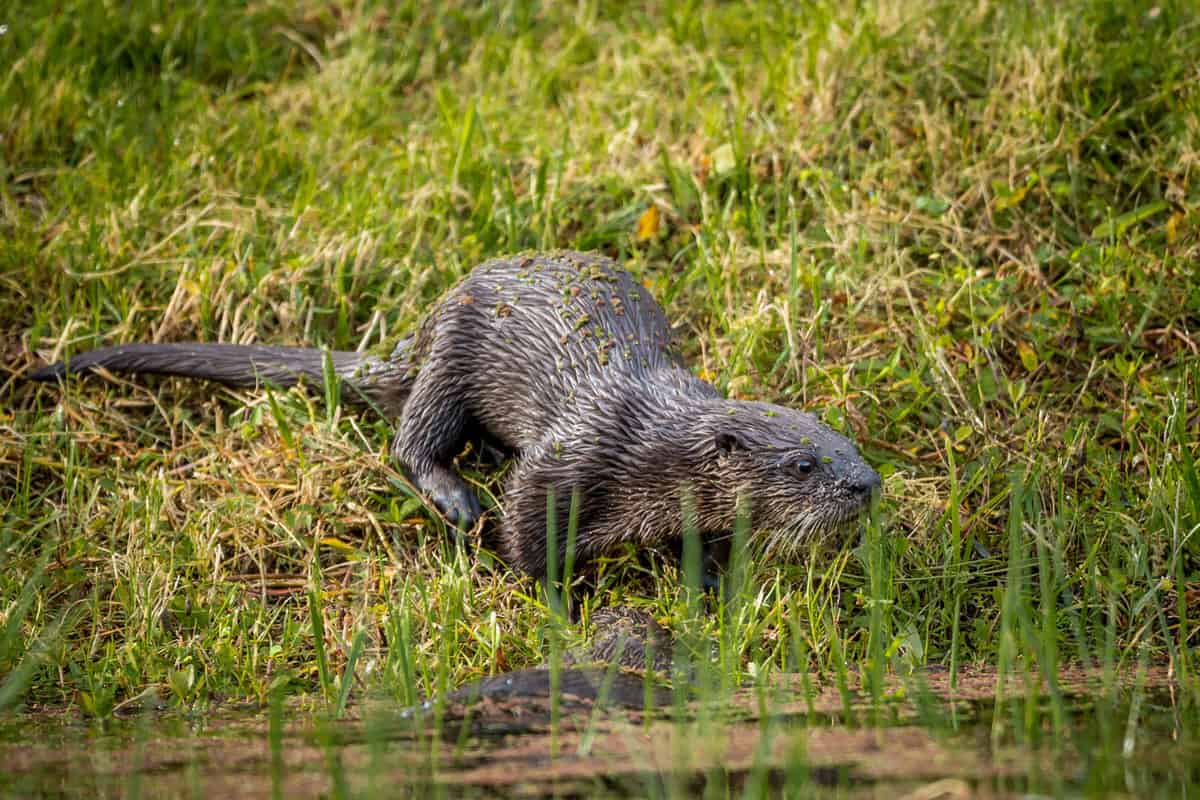
Their tight-knit family groups, or "rafts," demonstrate their strong bonds and cooperative nature.
2. Tool Masters
Some otter species, like the North American river otter, have been observed using tools to aid in their daily activities.
They've been spotted using rocks and other objects to break open shellfish or even hammer open nuts. This tool usage showcases their intelligence and adaptability.
3. Fur-tastic Adaptations
Otters boast incredibly dense fur — around 1 million hairs per square inch! This fur provides excellent insulation, keeping them warm while they frolic in chilly waters.
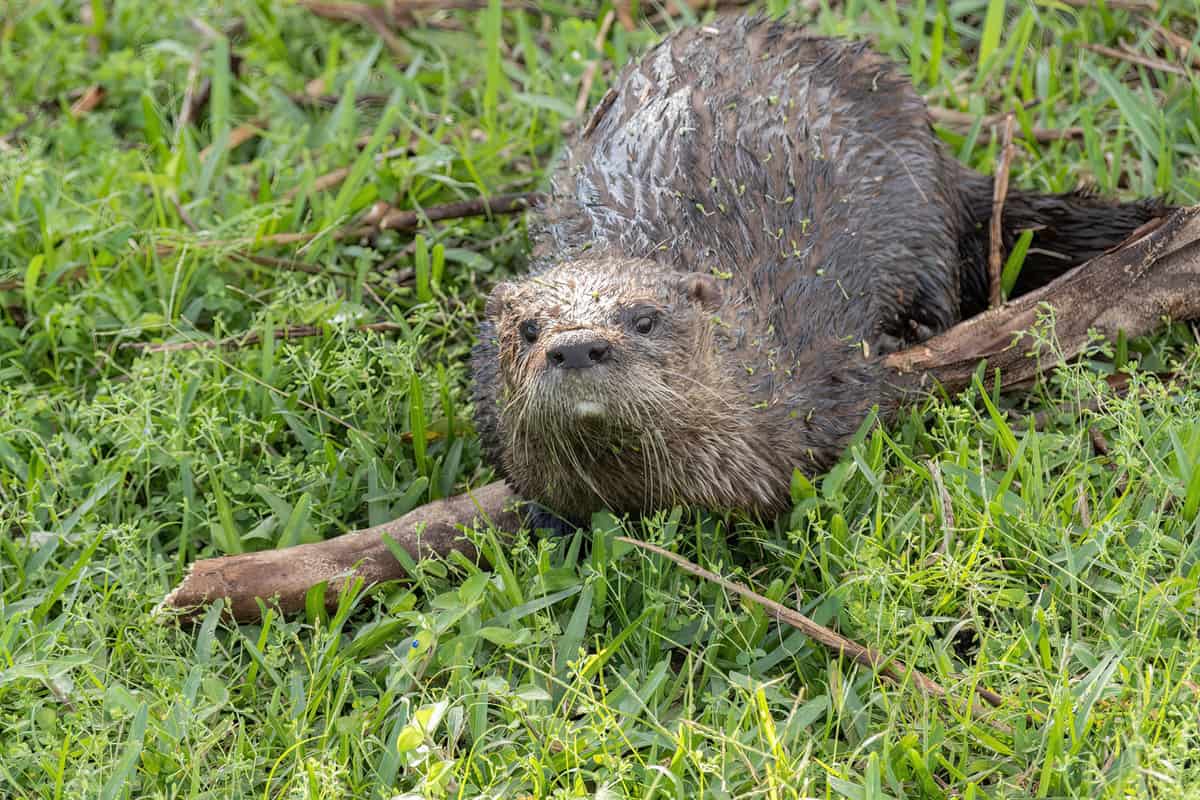
Their fur also has a waterproof layer that traps air against their skin, providing buoyancy and further insulation.
4. Fishy Diet
Otters are carnivores with a hankering for aquatic delicacies. Fish make up a significant portion of their diet but are not picky eaters.
Crustaceans, amphibians, and even small mammals occasionally find their way onto the otter menu.
5. Super Swimmers
Otters are well-adapted to their aquatic lifestyle. Their streamlined bodies, webbed feet, and strong tails make them expert swimmers.
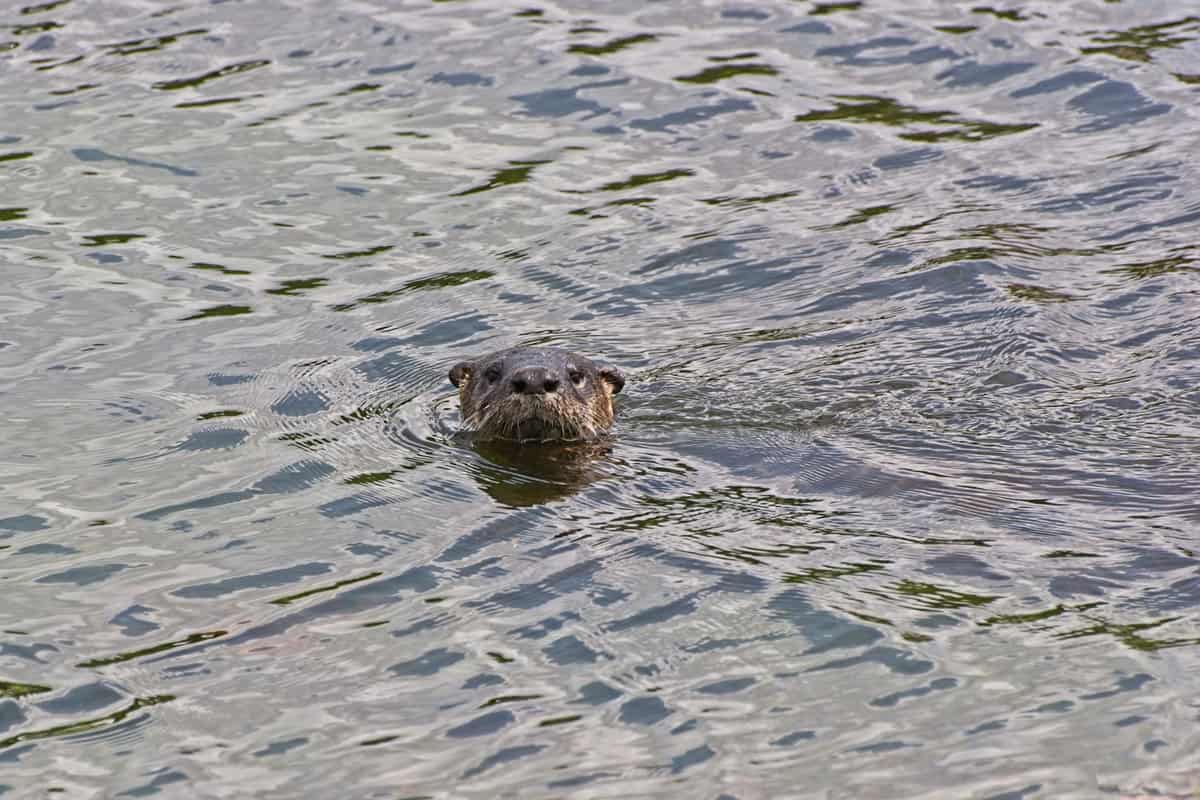
They can close their nostrils and ears underwater, and their keen senses help them locate prey even in murky waters.
6. Scent-sational Sense
Otters have an exceptional sense of smell, which comes in handy when hunting for food underwater.
They can detect scent trails in water, helping them pinpoint the location of prey, even if it's hidden beneath the surface.
7. Global Residents
Otters aren't exclusive to Florida — they're found worldwide! From North America to Asia, Europe to Africa, these adaptable creatures have established their presence in various aquatic habitats.
8. Cultural Significance
Otters hold a special place in the folklore of many cultures.
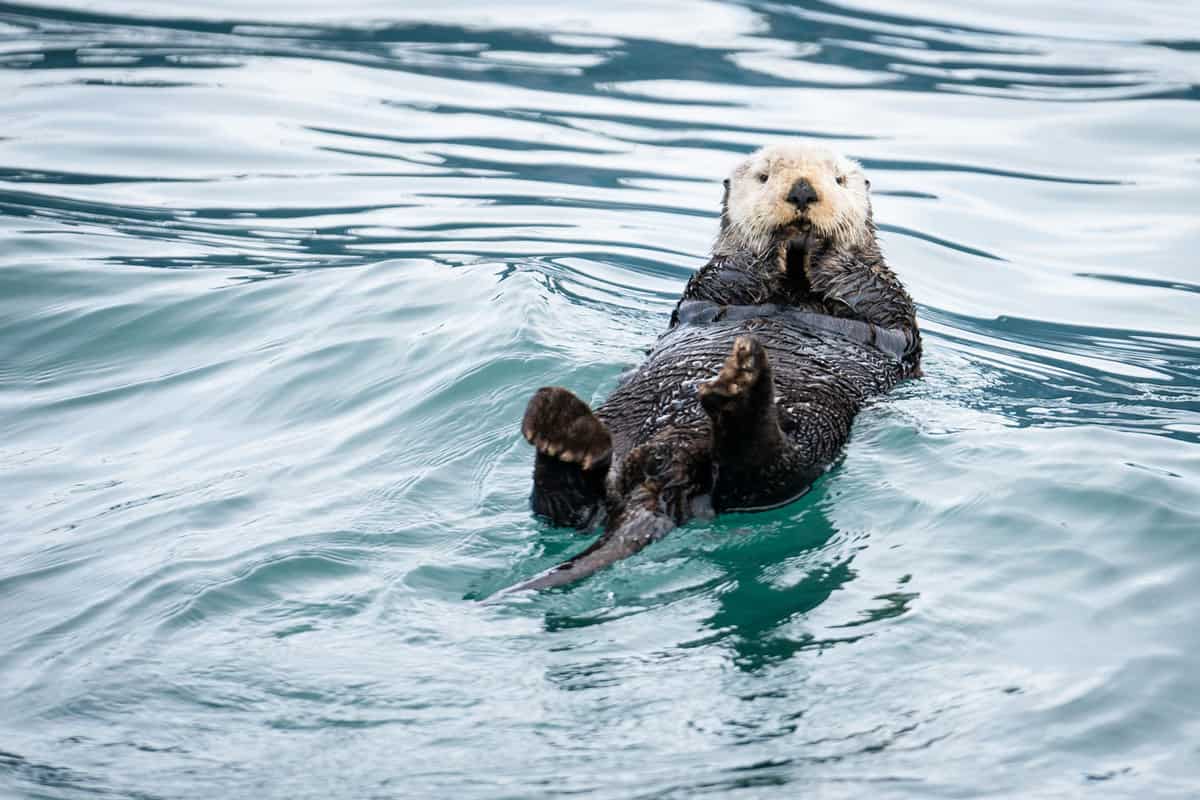
In some Native American traditions, otters are considered symbols of playfulness and joy; in others, they are revered as symbols of wisdom and curiosity.
Remember, encountering otters in their natural habitat is a privilege.
Be a responsible observer by adhering to park rules, maintaining a respectful distance, and minimizing your impact on their environment.
Caring for Florida's Otters
Florida's otters are fun to watch but need our help to stay safe and happy. Here's how we can help when we visit their homes:
- Keep It Clean: Pick up your trash. Let's keep their water and land clean.
- Stay Back: Watch otters from far away. Don't scare them.
- Share and Learn: Tell your friends about otters. The more people know, the better.
Otters are special to Florida. Let's do our part to keep them around for a long time.
Thanks for learning about otters with us. Have fun watching them safely! 🌊🍃
